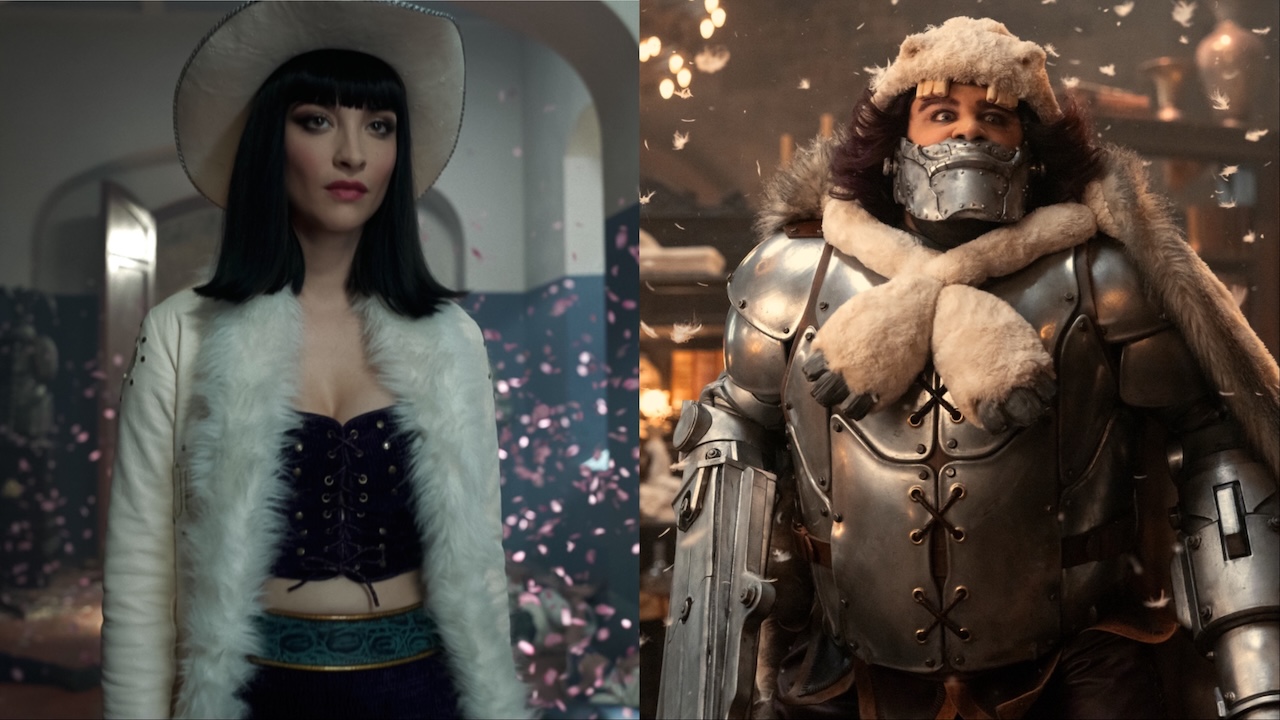In Don’t Move, Sergio Castellitto brings Margaret Mazzantini’s novel, "Non Ti Muovere", to the big screen. He writes, directs, and stars in the picture based on the popular book his wife wrote. After witnessing the final product, it is apparent that he did not do her or the viewing public any favors.
Timoteo (Castellitto) is a surgeon working in a hospital, when he discovers that his 15- year old daughter Angela (Elena Perino) has been admitted with severe head trauma. Devastated by the news, he waits anxiously in the corridor for the outcome, unable to work up the nerve to see her fate unravel before him. While peering aimlessly out of the window, he spots a woman sitting on a chair outside, with a colorful checkered bag beside her. The image causes him to flash back to another time when he faced tragedy with a woman he loved.
At that time, Timoteo was married unhappily to a beautiful but distant wife, Elsa (Claudia Gerini). Breaking down on the side of the road in a run-down area, he sees a homely impoverished Albanian named Italia (Penelope Cruz), the end result of a make-up artist transforming yet another pretty actress into a troll. Asking if he can borrow her phone, she kindly allows him to use the one in her house. To show his gratitude, he viciously attacks and rapes her with the force of a lion lunging at its prey. Then he leaves.
For reasons far beyond my comprehension, he returns to her neighborhood shortly after the assault. And unfathomably, instead of hollering for the police, she spots him and walks over to the car. He apologizes for the other day, she accepts, and they go back to her house for another round. They continue seeing each other for weeks, until they are both madly in love. But happily ever after is not in the cards for them, since he is married, and has just received news that his wife is pregnant. And, lo and behold, Italia is now pregnant too. What will happen next? Or better yet, who cares?
I felt overcome with indifference pretty much throughout the entire run. Timoteo trudges along from scene to scene, choosing to make everyone miserable instead of counting his many good fortunes. What Castellitto didn’t seem to understand in depicting this story, is that sympathy has to be earned, not demanded. In the beginning of the movie, he gives the character hints of compassion and thoughtfulness, but they are quickly nullified by the flashbacks of horrendous behavior we are shown. Nobody in their right mind is going to feel sorry for a lead character that rapes, beats, cheats, degrades, and exploits at any given moment. He is the guy that kicks your dog under the table and pisses all over a potted plant because he can. He will have his way with you, even making consensual sex resemble rape by grabbing your neck and bashing you in the face when the urge strikes him. But don’t worry: he’ll always apologize afterwards.
The only salvations from the ever-present gloom of the movie are the heartwrenching performance by Cruz and the unique camerawork. Cruz is physically morphed into a gnome-like figure that looks as ugly as the world around her appears through her eyes. While she is usually vibrant and loveable, here she is a weak, shattered soul just waiting for someone to rescue her. She is so emotionally bruised and battered that she is willing to accept the love of just about anyone. Her desperation speaks volumes through her expressions and deliveries. There are some skillful camera shots worth mentioning, like the opening scene where we view Angela’s accident from a bird’s eye view with rain pouring down. The shot winds up being appropriate, since the entire film feels like we’re being looked down upon and patronized.
Don’t Move is like a directorial order, to prevent us from running away from an experience that feels like a root canal without the use of anesthesia. It is filled with pain, suffering, self-loathing, and brutal ugliness: fun for the whole family. Also, for a film without a single erotic moment, it contains an awfully high volume of sex scenes. Not the type that keep you glued to the screen, but the dreadful assortment that make you desperately cover your eyes and ask when it is okay to open them again. The film continuously shifts between being an existential melodrama and a pornographic smut film. Overall, it won’t make you question the heavy moral dilemmas the film proposes, but it will make you contemplate where the last two hours of your life have gone.
Your Daily Blend of Entertainment News

